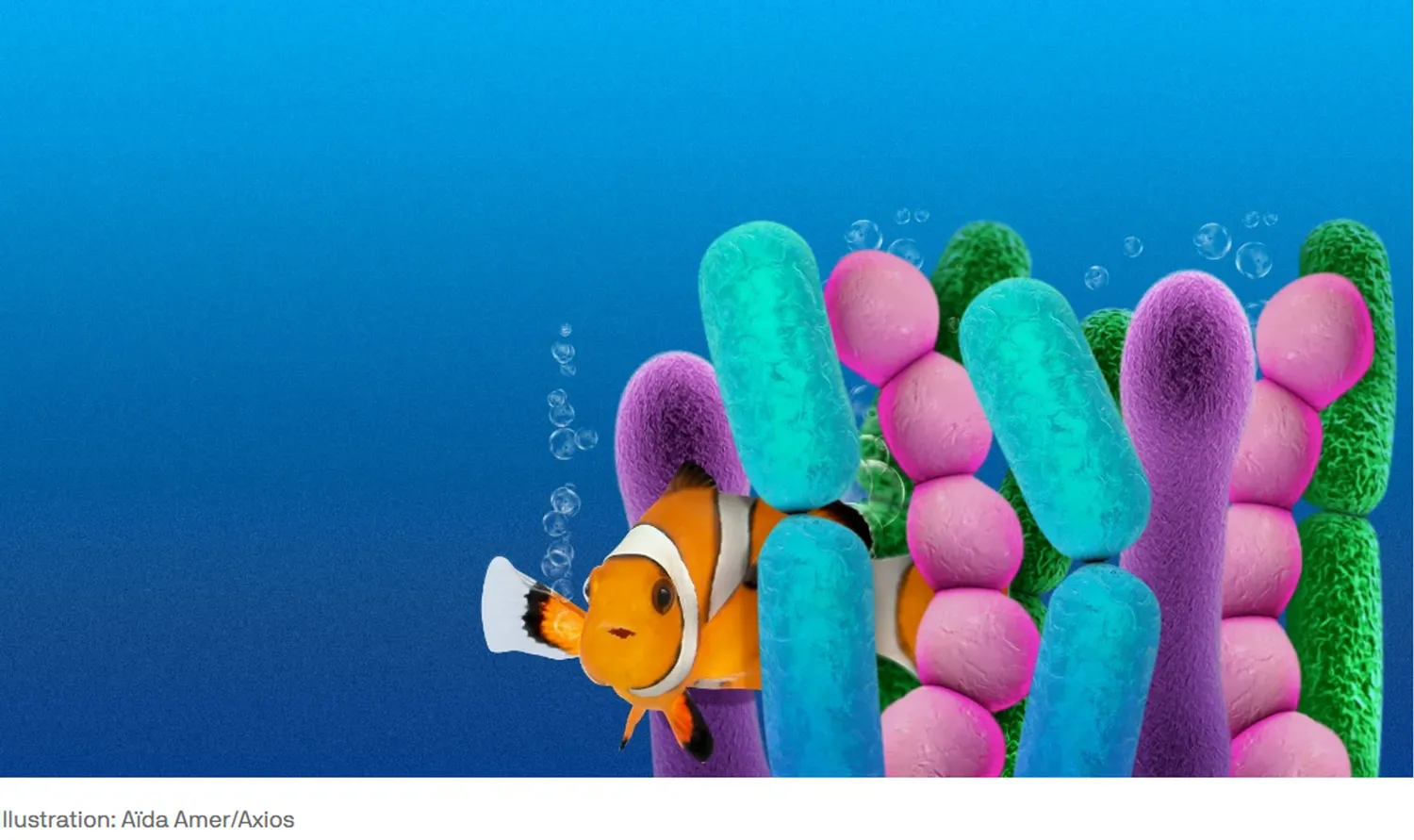The diversity of bacteria on Earth may be vastly underestimated

A two-year expedition to coral reefs in the Pacific Ocean detected half a million types of microbes, the latest estimate in the quest to quantify the planet's microbiome. There is intense debate among scientists about how many different types of bacteria and other microorganisms live on Earth, information that could aid conservation of species and fragile ecosystems brimming with biodiversity.
The microbiome supports other life on Earth through symbiotic relationships that provide nutrients, protects its hosts from pathogens and performs other essential roles. Past efforts to characterise the microbiome have largely focused on a single species or a particular area. But there is a trend toward trying to do large-scale projects, says Emiley Eloe-Fadrosh of the Department of Energy's Joint Genome Institute. The Earth Microbiome Project is a collaborative effort to characterise microbial life on earth, using DNA sequencing and mass spectrometry of crowd-sourced samples to understand patterns in microbial ecology across biomes and habitats.
The Tara Pacific Expedition which took place between 2016 and 2018, collected almost 5,400 samples from three types of coral, two fish species and plankton at each of 99 coral reefs. The researchers sequenced a specific region of DNA in the microbes and found more than 500,000 unique sequences, a proxy for species in this study. When the researchers extrapolated the findings to the total number of fish and coral species in Pacific Ocean reefs, the total microbiome diversity rose to 2.8 million types of bacteria, within the current estimate of between 2.2 million and 4.3 million for the entire planet, they write in Nature Communications. The microbiomes in the different areas sampled were distinct, plankton in the water had more diverse microbiomes than marine animals!
The researchers said they plan to look at how environmental factors affect the microbiome. "There's no direct link or correlation now between the decline in the coral reef and a change in the microbiome, mainly because we know so little about the microbiome" said expedition leader Serge Planes of the University of Perpignan in France.
Galand, P.E., Ruscheweyh, HJ., Salazar, G. et al. (2023). Diversity of the Pacific Ocean coral reef microbiome. Nature Communications 14, 3039. DOI: https://doi.org/10.1038/s41467-023-38500-x.